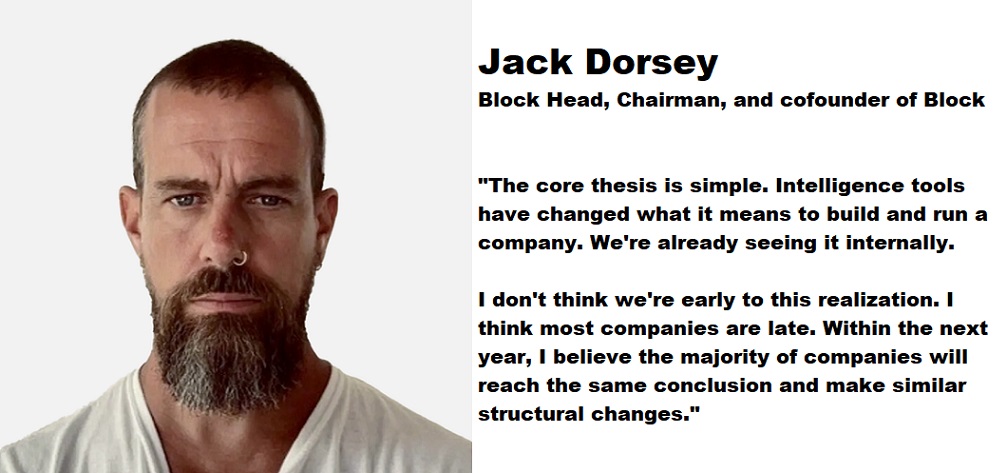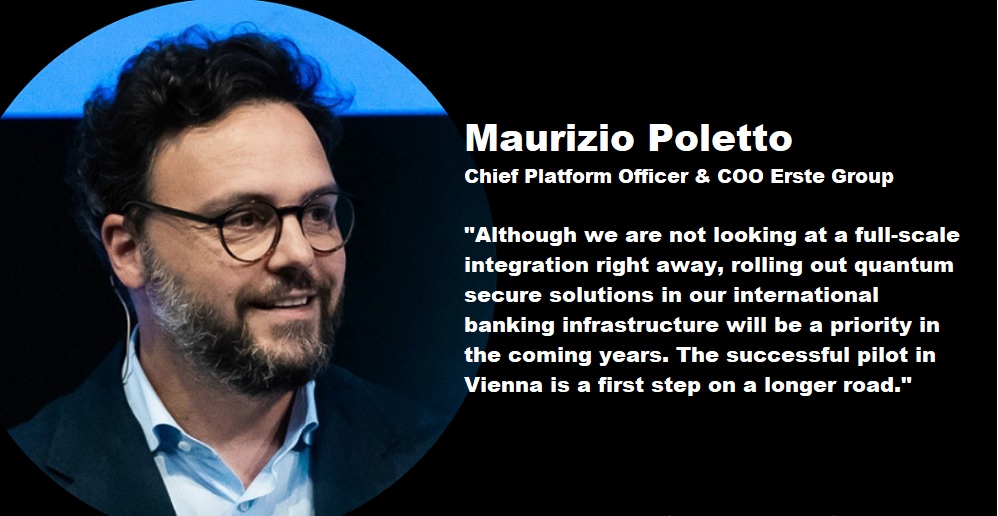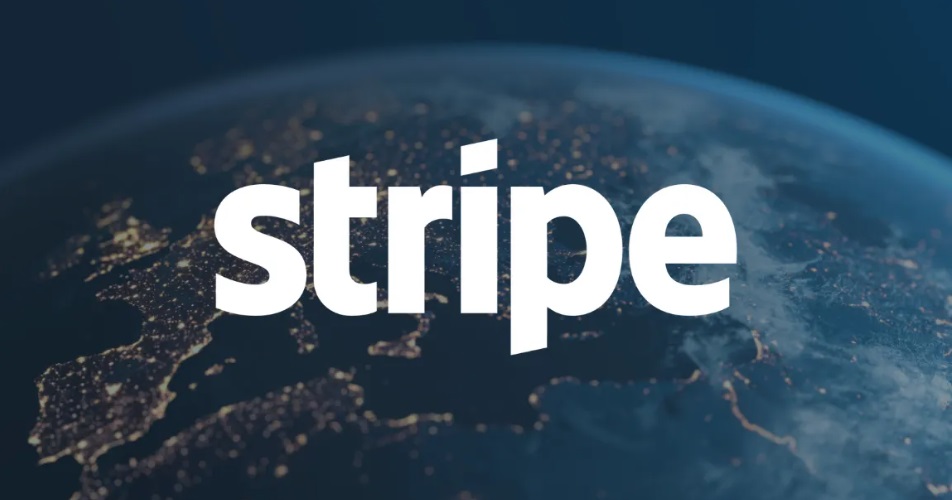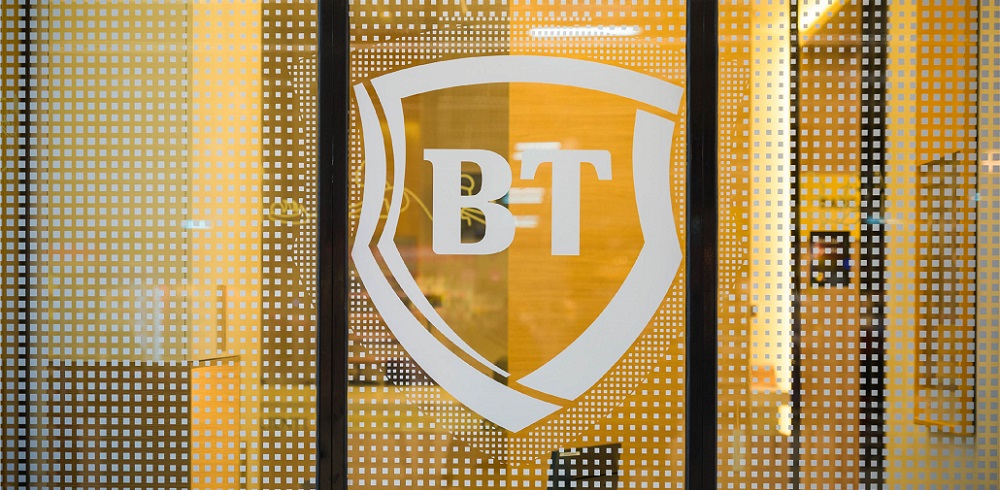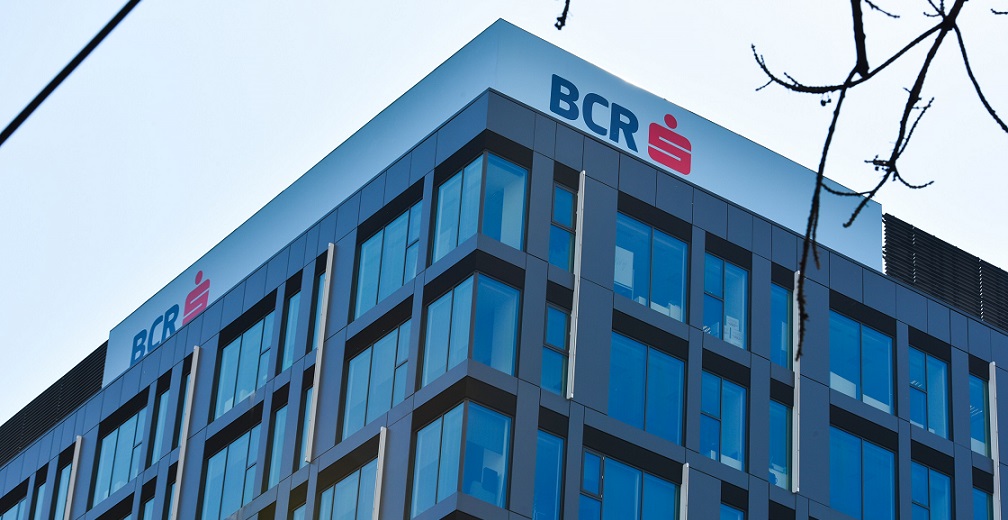IMF: „The outlook has darkened significantly since April. The world may soon be teetering on the edge of a global recession.”

The world’s three largest economies are stalling, with important consequences for the global outlook. Inflation is a major concern. The outlook has darkened significantly since April. The world may soon be teetering on the edge of a global recession, only two years after the last one. Multilateral cooperation will be key in many areas – according to IMF.
The global economy, still reeling from the pandemic and Russia’s invasion of Ukraine, is facing an increasingly gloomy and uncertain outlook. Many of the downside risks flagged in our April World Economic Outlook have begun to materialize.
Higher-than-expected inflation, especially in the United States and major European economies, is triggering a tightening of global financial conditions. China’s slowdown has been worse than anticipated amid COVID-19 outbreaks and lockdowns, and there have been further negative spillovers from the war in Ukraine. As a result, global output contracted in the second quarter of this year.
Under our baseline forecast, growth slows from last year’s 6.1 percent to 3.2 percent this year and 2.9 percent next year, downgrades of 0.4 and 0.7 percentage points from April. This reflects stalling growth in the world’s three largest economies—the United States, China and the euro area—with important consequences for the global outlook.
In the United States, reduced household purchasing power and tighter monetary policy will drive growth down to 2.3 percent this year and 1 percent next year. In China, further lockdowns, and the deepening real estate crisis pushed growth down to 3.3 percent this year—the slowest in more than four decades, excluding the pandemic. And in the euro area, growth is revised down to 2.6 percent this year and 1.2 percent in 2023, reflecting spillovers from the war in Ukraine and tighter monetary policy.
Despite slowing activity, global inflation has been revised up, in part due to rising food and energy prices. Inflation this year is anticipated to reach 6.6 percent in advanced economies and 9.5 percent in emerging market and developing economies—upward revisions of 0.9 and 0.8 percentage points respectively—and is projected to remain elevated longer. Inflation has also broadened in many economies, reflecting the impact of cost pressures from disrupted supply chains and historically tight labor markets.
The risks to the outlook are overwhelmingly tilted to the downside:
. The war in Ukraine could lead to a sudden stop of European gas flows from Russia
. Inflation could remain stubbornly high if labor markets remain overly tight or inflation expectations de-anchor, or disinflation proves more costly than expected
. Tighter global financial conditions could induce a surge in debt distress in emerging market and developing economies
. Renewed COVID-19 outbreaks and lockdowns might further suppress China’s growth
. Rising food and energy prices could cause widespread food insecurity and social unrest
. Geopolitical fragmentation might impede global trade and cooperation.
In a plausible alternative scenario where some of these risks materialize, including a full shutdown of Russian gas flows to Europe, inflation will rise and global growth decelerate further to about 2.6 percent this year and 2 percent next year—a pace that growth has fallen below just five times since 1970. Under this scenario, both the United States and the euro area experience near-zero growth next year, with negative knock-on effects for the rest of the world.
More details here
Credit photo: GEORGECLERK/ISTOCK BY GETTY IMAGES
Dariusz Mazurkiewicz – CEO at BLIK Polish Payment Standard
Banking 4.0 – „how was the experience for you”
„To be honest I think that Sinaia, your conference, is much better then Davos.”
Many more interesting quotes in the video below:
